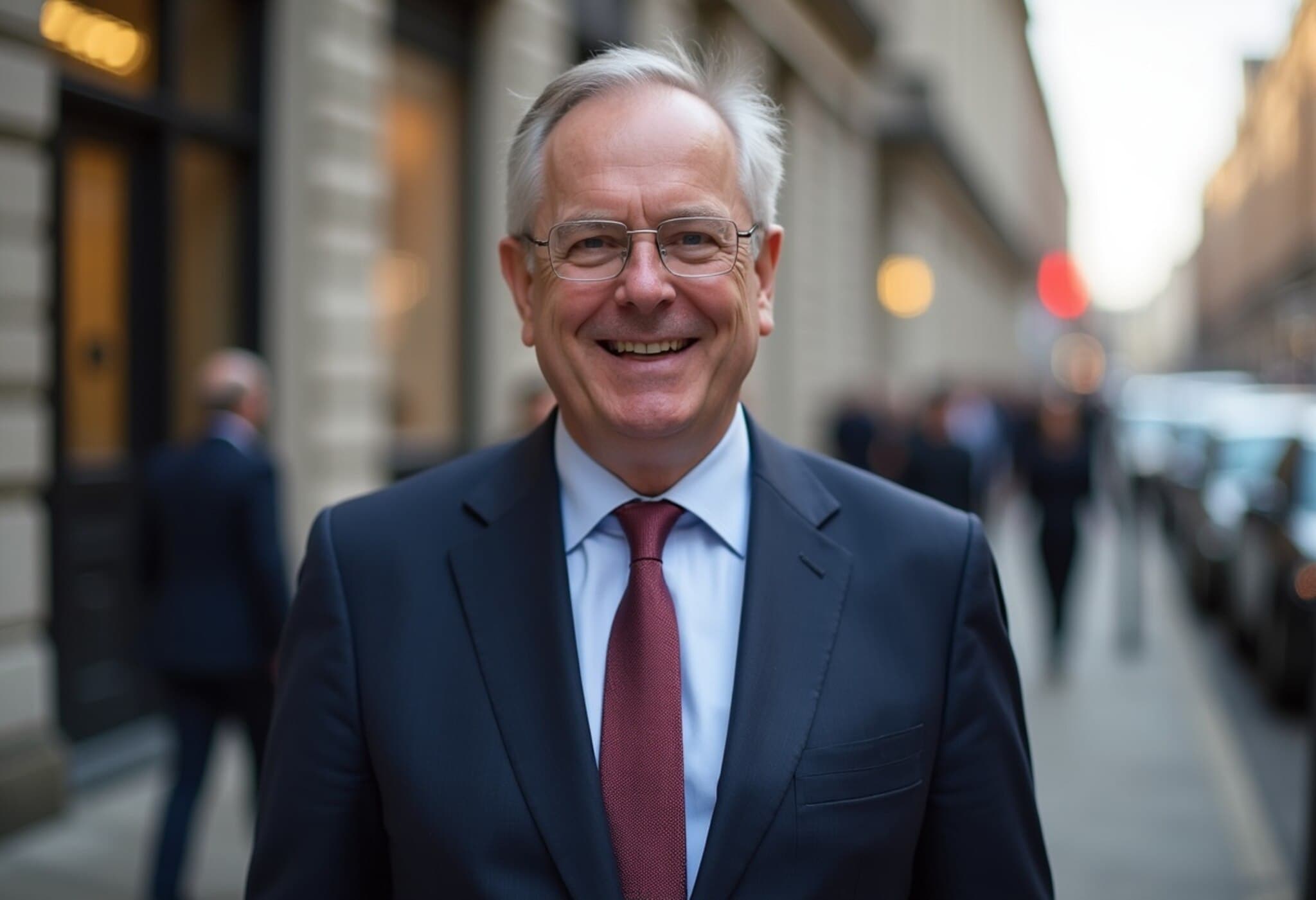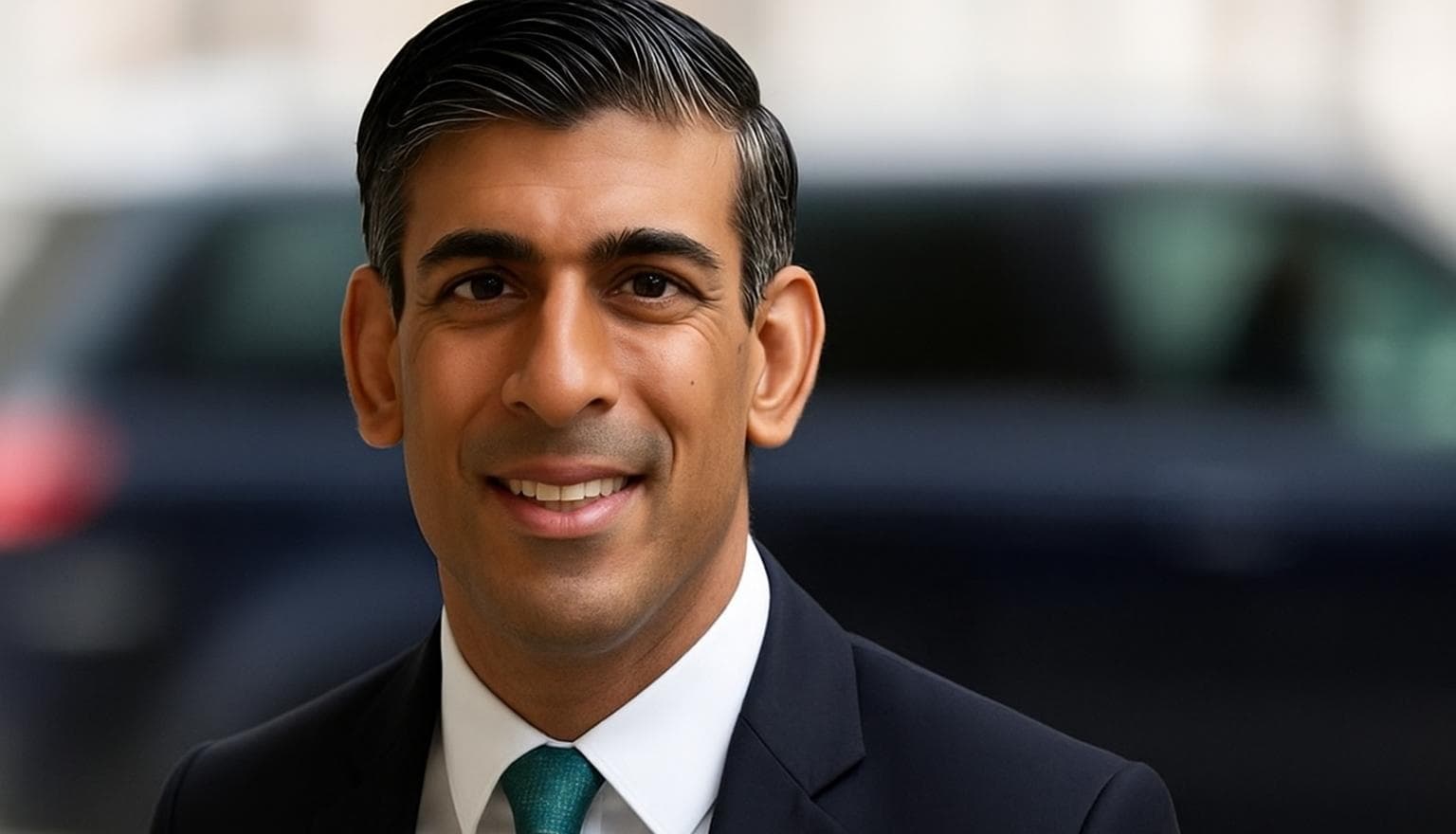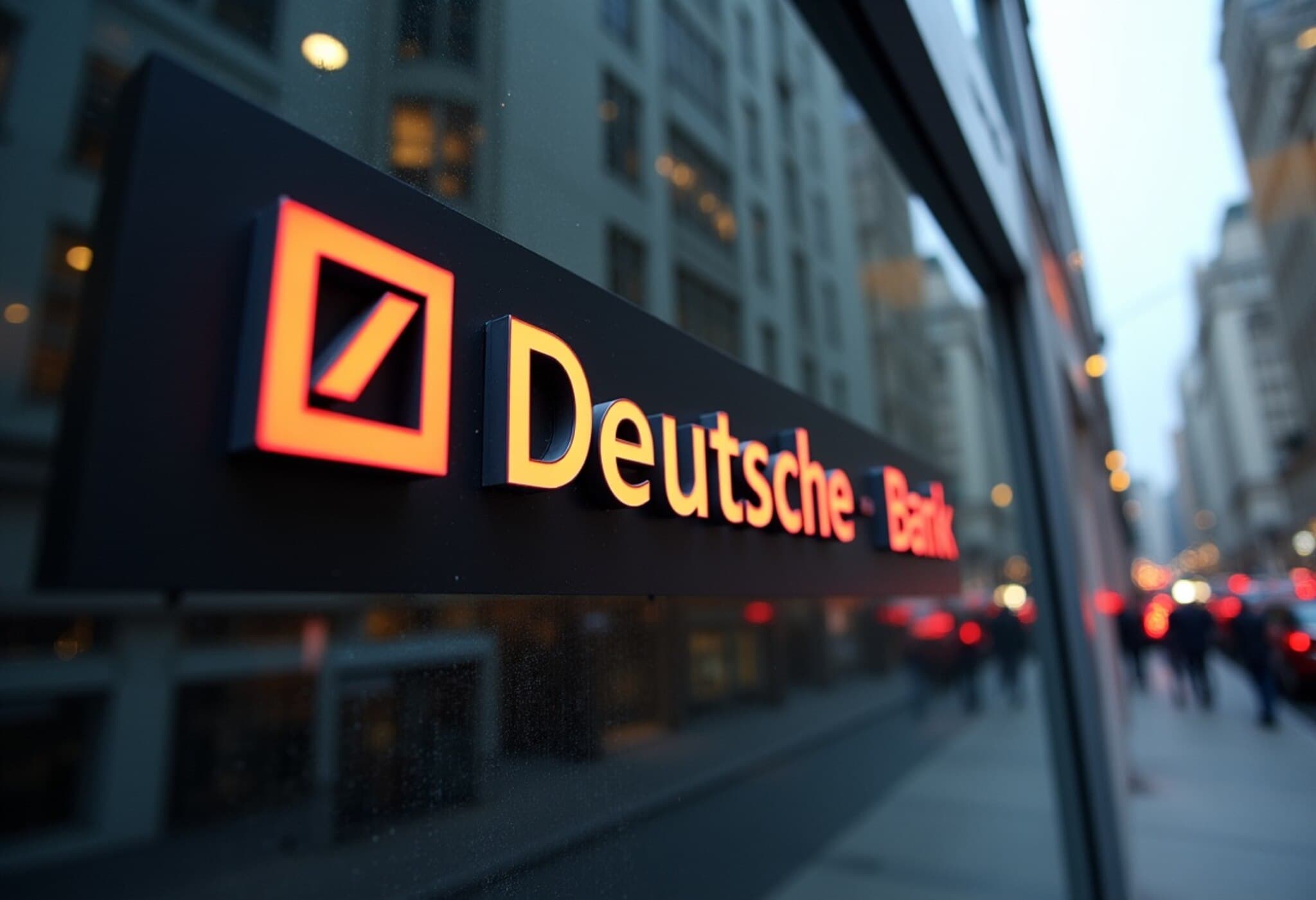Estonia’s Tech Powerhouses Fuel Ambitious Bid to Disrupt European Investing
In an exciting development for Europe's fintech scene, Lightyear, a London-based investing app with deep Estonian roots, has announced a fresh $23 million funding round. The investment comes from NordicNinja, a Japanese-backed European venture capital firm, along with a stellar lineup of Estonia’s most prominent tech entrepreneurs—including Markus Villig, CEO of the ride-hailing giant Bolt.
From Estonian Startups to European Markets
Founded in 2021 by former Wise executives Martin Sokk and Mihkel Aamer, Lightyear aims to establish itself as Europe’s commission-free investing platform, rivalling American pioneer Robinhood. Offering access to over 5,000 stocks, ETFs, and money market funds, the app stresses long-term investment strategies over risky, high-volatility products.
“We didn’t need this capital to survive,” Lightyear CEO Sokk told CNBC. “But investors like Markus bring invaluable experience across varied markets, helping us understand each country’s distinct financial landscape and investor needs.”
Currently operational in 25 countries across Europe, Lightyear is slated to expand rapidly into an additional five markets, leveraging the expertise and influence of angel investors like Villig.
The Estonian Tech Ecosystem’s Hidden Strength
Estonia’s reputation as a European tech nexus continues to grow, boasting the highest number of unicorns per capita on the continent. Its innovative e-residency program has positioned the country as a welcoming launchpad for entrepreneurs globally. Lightyear’s investor roster reflects this vibrancy, with participation from Wise co-founder Taavet Hinrikus, Checkout.com’s former CTO Ott Kaukver, and Skype founding engineer Jaan Tallinn.
Innovating with Artificial Intelligence: A New Frontier in Investment
Amidst this funding announcement, Lightyear also unveiled a suite of AI-driven features designed to give investors deeper insights into market movements. Their flagship tool, “Why Did It Move”, uses artificial intelligence to pinpoint what caused specific price fluctuations on any given trading day—a game-changer for retail investors seeking clarity in volatile markets.
Additional AI capabilities generate concise ‘bull’ and ‘bear’ theses on stocks and offer portfolio updates, marrying cutting-edge technology with accessible investing. As Sokk explains, the investment landscape is heading toward two models:
“You’ll have ‘self-driving money,’ where AI autonomously pursues your investment goals, and a 'manual gearbox' option, empowering users to craft personalized strategies.”
Navigating a Competitive Marketplace with a Long-Term Focus
The challenge? The digital investing space is fiercely competitive, with entrenched brokers and tech innovators like Robinhood, Revolut, and Trade Republic vying for users. Yet Lightyear distinguishes itself by eschewing risk-heavy offerings like unchecked crypto trading and high-leverage margin products.
Instead, Lightyear commits to building a product tailored for patient investors focused on sustainable growth. Sokk revealed plans to launch their own crypto investment service within two months—one crafted with a cautious, long-term perspective in mind, an approach reflecting broader concerns about crypto market volatility and retail investor protection.
Why This Matters: A New Chapter for European Retail Investing
Lightyear’s story underscores a broader trend: European fintech startups are increasingly harnessing advanced technology and local expertise to create alternatives to American platforms. The backing by Estonia’s tech elite highlights the close-knit nature of the Baltic startup ecosystem, often underappreciated in global media narratives.
The firm’s emphasis on AI could democratize investment knowledge, making sophisticated market analysis accessible to everyday Europeans. As regulatory frameworks across Europe continue to evolve, companies like Lightyear face the intricate task of balancing innovation with compliance—a challenge that will determine who leads the next wave of retail investing.
Looking Ahead
- Expansion into new European markets fueled by regional tech investors.
- Leveraging AI to translate complex financial data into actionable insights.
- Developing measured cryptocurrency products catering to risk-aware investors.
- Competing not just on fees but on investor education and trust.
Editor’s Note
Lightyear’s rise reflects a potent blend of local fintech culture and AI-driven innovation, aiming to reshape Europe's retail investing landscape. Their approach questions the dominance of aggressive US-based trading apps by anchoring on long-term strategy and investor clarity. The coming months will test the company's ability to scale responsibly within Europe’s complex regulatory environment. For investors, this may signal a fresh, more transparent path into equity markets tuned specifically to European realities.
Critical questions remain: Will Lightyear’s AI tools offer genuine predictive power or simply interpret past events? Can European startups scale against US giants without sacrificing localized nuance? And how will their crypto offering balance innovation with investor safeguards in an atmosphere still wary of digital asset risks?











